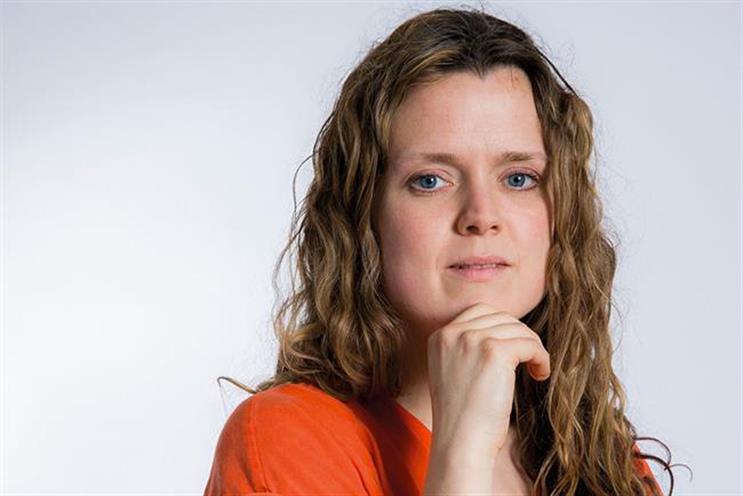Most of the major holding companies are betting on selling multiple services to multinational giants for their growth this year. That’s not the way they’d say it – of course – and they’d probably resent the suggestion they weren’t all radically different. At least publicly. But even if they use slightly different words, they end up making similar arguments.
Essentially, it’s about tying marketers in as tight a web as possible. This allows for the hallowed efficiencies that all businesses want, as well as genuine collaboration – but it’s also safe. If marketers are tied into multiple systems and relationships within the same group, they will be scared to unpick things in case the Jenga piece they’re taking out was the one that kept the whole thing together.
Last week, Havas brought its "village" strategy of housing agencies under the same roof to the UK. The idea is that working in the same space – in this case, an impressive building in King’s Cross – will foster closer ties between the shops and shared client relationships. Complex, tailored solutions is basically the definition of Publicis Groupe’s "power of one" strategy and has seen Blue 449 staff move into Saatchi & Saatchi’s new shiny office on Chancery Lane. Omnicom pulled off a coup back in 2015 when it picked up the global media and advertising business for Bacardi, displacing a jumble of roster agencies in a single deal.
WPP’s strategy has tended to involve selling bespoke teams to senior marketers or, crucially, chief executives. Sir Martin Sorrell’s capacity to get clients to sign on the dotted line never fails to impress me. What a dealmaker. He was at it again last week, tying Walgreens Boots Alliance into a global marketing and communications partnership. Even by Sorrell’s standards, this was a big contract – a complex retailer with a market capitalisation in excess of $87bn appointing a single agency group for all its marketing needs.
The deal has caused much gnashing of teeth in the UK. After all, when Mother won the business back in 2003, it was a proper creative coup and a rejection of WPP’s J Walter Thompson. In the 2003 deal, the modestly named Los Galácticos emerged victorious against the odds, beating shops that had looked better-positioned and overcoming the departure of the marketer who had started the whole thing in the first place. Mother lost its Galácticos partners along the way but OMD UK and Lida – which have worked with Boots UK on media and CRM respectively since 2008 – ably replaced them.
WPP has at least 46 of these bespoke account teams spanning every industry – from FMCG to telecoms to motors to financial services to media. But despite some notable exceptions – for example, Unilever – those brands are hardly dominant at either creative or effectiveness awards. In an industry that is often worried about not properly charging for its secret ingredient, I wonder if a three-for-two deal is the best way to go. Creative services shouldn’t be priced like shampoo.
Maisie McCabe is acting UK editor of 北京赛车pk10.
maisie.mccabe@haymarket.com


